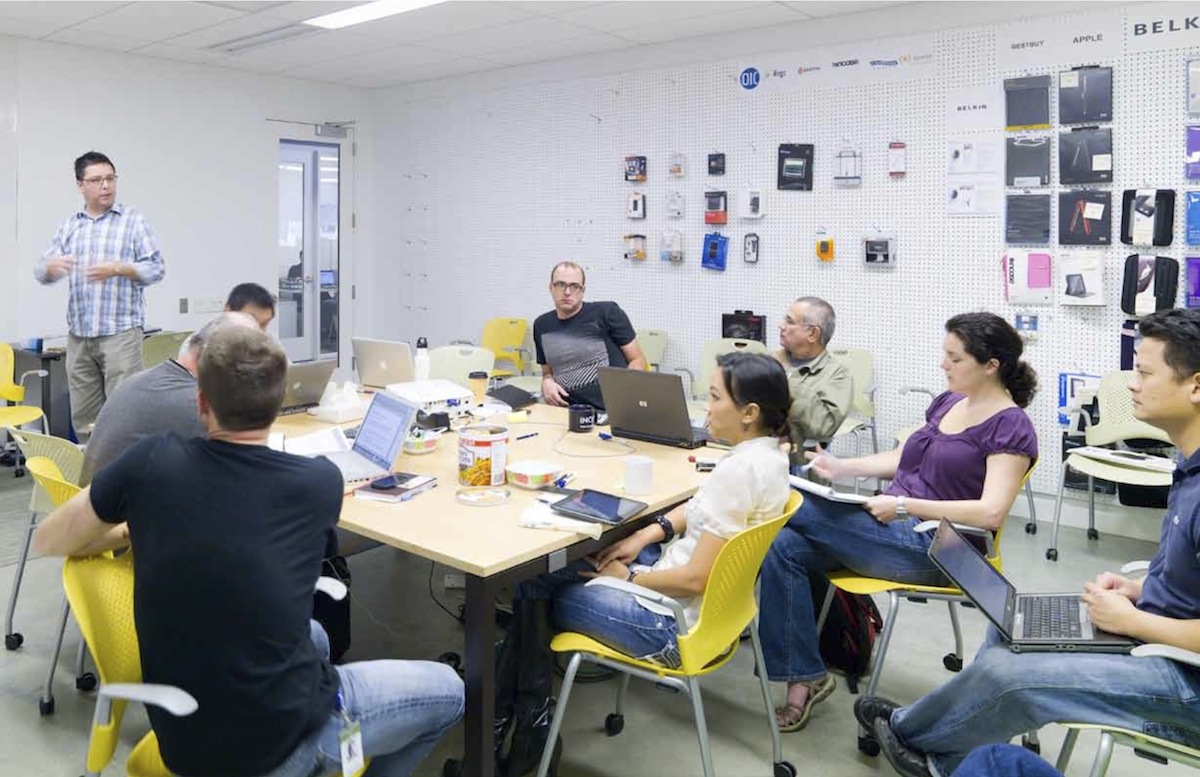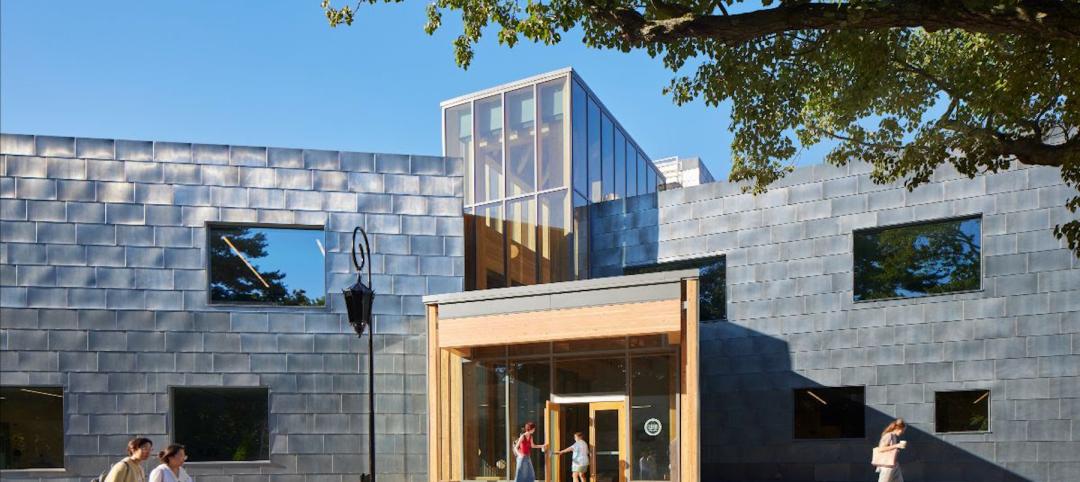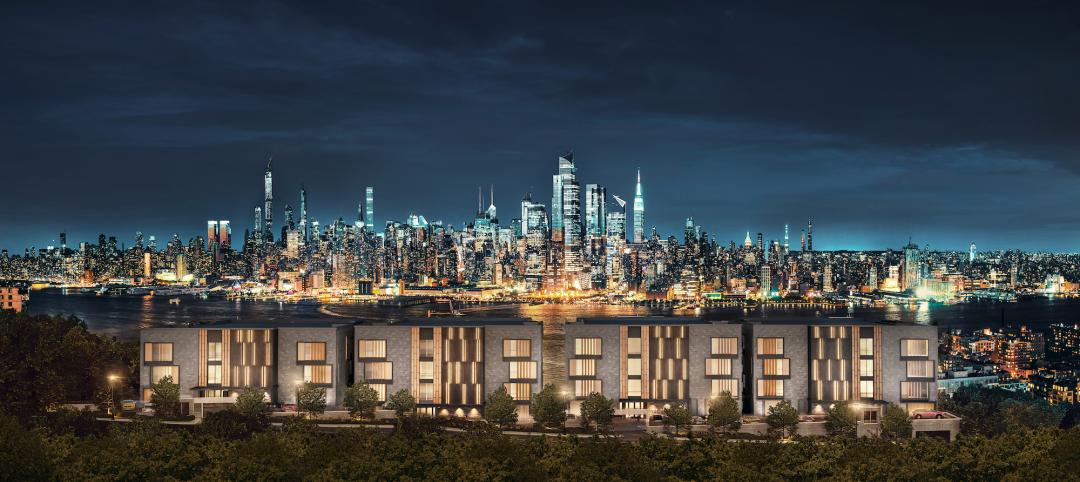Building information modeling tools are great, but if you can't run efficient, productive coordination meetings, the Building Team will never realize the benefits of true BIM coordination. Here are some helpful tips for making the most of BIM coordination meetings based on my experience working on BIM/VDC-driven projects:
1. Practice and prepare. Yes, practice for a meeting. The more you do it the more productive your meetings can be. It takes some skill to be able to navigate the model and have the correct models loaded and visibility settings. Spending 15 minutes before loading models and opening views for the areas of focus will save you a lot of waiting and down time during the meeting.
2. Assign a "designated driver.” This person needs to be familiar with the model and savvy with the software platform. Models can be quite cumbersome, and it can slow down the meeting when a group of people have to watch someone poorly navigating the model. That will quickly kill your productivity.
SEE JARED KRIEGER AT THE 2013 AIA NATIONAL CONVENTION
Jared Krieger, Project Architect in Gensler’s Washington, D.C., office, will speak on “Maximizing BIM: How to Successfully Execute a Fully Integrated BIM Project,” at the AIA National Convention in Denver on Friday, June 21, 6:00-7:00 p.m. More information: http://convention.aia.org.
3. Use your team’s time wisely. You don’t always have to have the full team in the room at the same time. Consider splitting the meeting into structured trades. For example, meet with the structural engineer for the first portion of the meeting to review structural specific coordination. Then have some overlap time with MEP and structural for common coordination. Finish the meeting with MEP-specific coordination.
4. Use meeting notes to stay focused. Open action items and homework from the previous meeting should be the basis for discussion in your current meeting. Use this structure to keep yourself on track, and resolve open coordination issues before moving on to new items.
5. Talk about this process early in the project. For most people, using a collaboratively focused process leveraging technology will be a new process. It may sound like a large time commitment, but if done correctly it will save you time in the long run. Educate the team early on and set/manage expectations.
Jared Krieger, AIA, LEED AP, is a Project Architect and BIM/VDC expert based in Gensler's Washington, D.C., office. He can be reached at jared_krieger@gensler.com.
Related Stories
Building Team | Oct 27, 2022
Who are you? Four archetypes shaping workspaces
The new lifestyle of work requires new thinking about the locations where people work, what their workflow looks like, and how they are performing their best work.
Codes and Standards | Oct 27, 2022
Florida’s Surfside-inspired safety law puts pressure on condo associations
A Florida law intended to prevent tragedies like the Surfside condominium collapse will place a huge financial burden on condo associations and strain architecture and engineering resources in the state.
University Buildings | Oct 27, 2022
The Collaboratory Building will expand the University of Florida’s School of Design, Construction, and Planning
Design firm Brooks + Scarpa recently broke ground on a new addition to the University of Florida’s School of Design, Construction, and Planning (DCP).
Building Team | Oct 26, 2022
The U.S. hotel construction pipeline shows positive growth year-over-year at Q3 2022 close
According to the third quarter Construction Pipeline Trend Report for the United States from Lodging Econometrics (LE), the U.S. construction pipeline stands at 5,317 projects/629,489 rooms, up 10% by projects and 6% rooms Year-Over-Year (YOY).
Data Centers | Oct 25, 2022
Virginia county moves to restrict the growth of new server farms
Loudoun County, Va., home to the largest data center cluster in the world known as Data Center Alley, recently took steps to prohibit the growth of new server farms in certain parts of the county.
Museums | Oct 25, 2022
Seattle Aquarium’s new Ocean Pavilion emphasizes human connection to oceans
Seattle Aquarium’s new Ocean Pavilion, currently under construction, features several exhibits that examine the human connection with the Earth’s oceans.
Energy-Efficient Design | Oct 24, 2022
Roadmap shows how federal buildings can reach zero embodied carbon emissions by 2050
The Rocky Mountain Institute (RMI) has released a roadmap that it says charts a path for federal buildings projects to achieve zero embodied carbon emissions by 2050.
Higher Education | Oct 24, 2022
Wellesley College science complex modernizes facility while preserving architectural heritage
A recently completed expansion and renovation of Wellesley College’s science complex yielded a modernized structure for 21st century STEM education while preserving important historical features.
Transportation & Parking Facilities | Oct 20, 2022
How to comply with NYC Local Law 126 parking garage inspection rules
Effective January 1, 2022, New York City requires garage owners to retain a specially designated professional engineer to conduct an assessment and file a report at least once every six years. Hoffmann Architects + Engineers offers tips and best practices on how to comply with NYC Local Law 126 parking garage inspection rules.
Architects | Oct 20, 2022
Michael Graves Architecture acquires Jose Carballo Architectural Group
Michael Graves Architecture (MG), an award-winning global leader in planning, architecture, and interior design based in Princeton, NJ, announces the acquisition of Jose Carballo Architectural Group (JCAG), a New Jersey-based architecture firm.

















